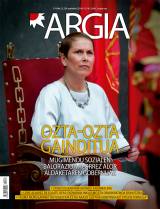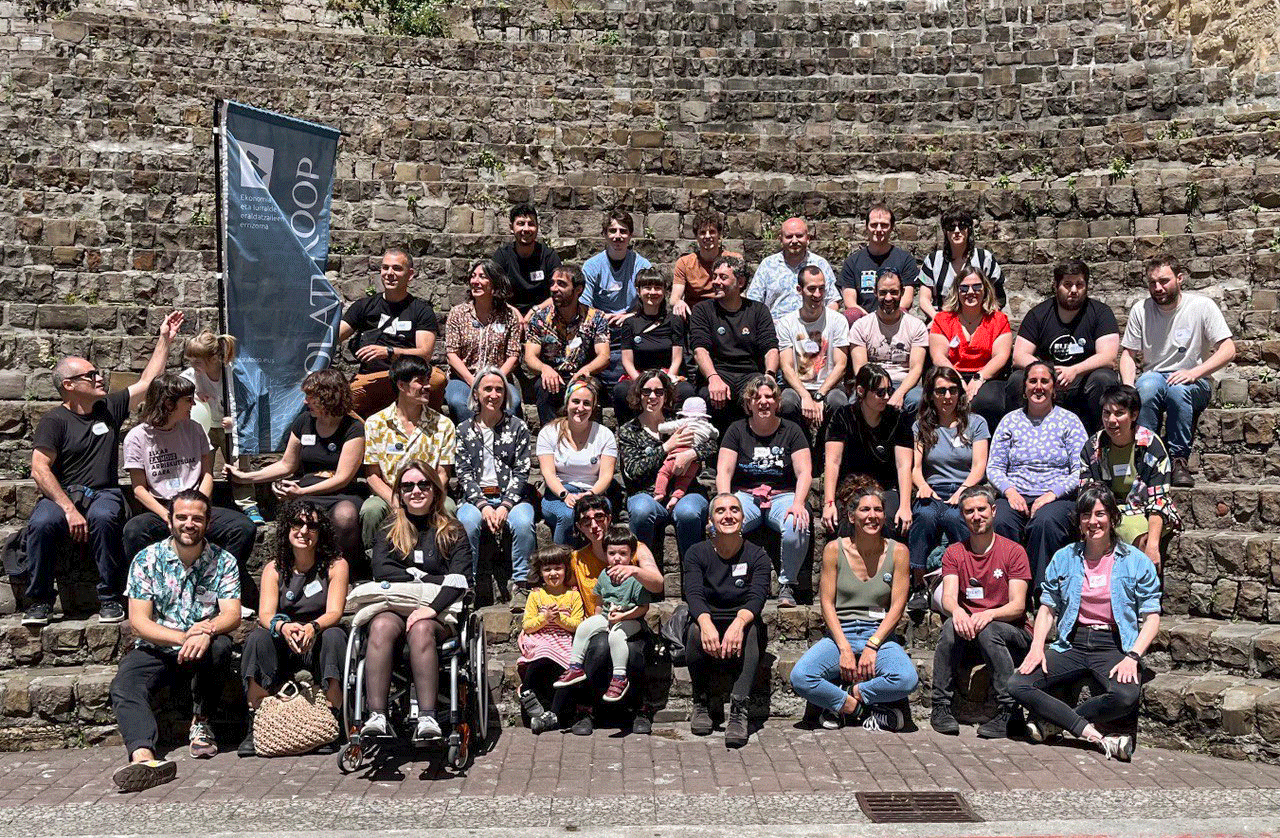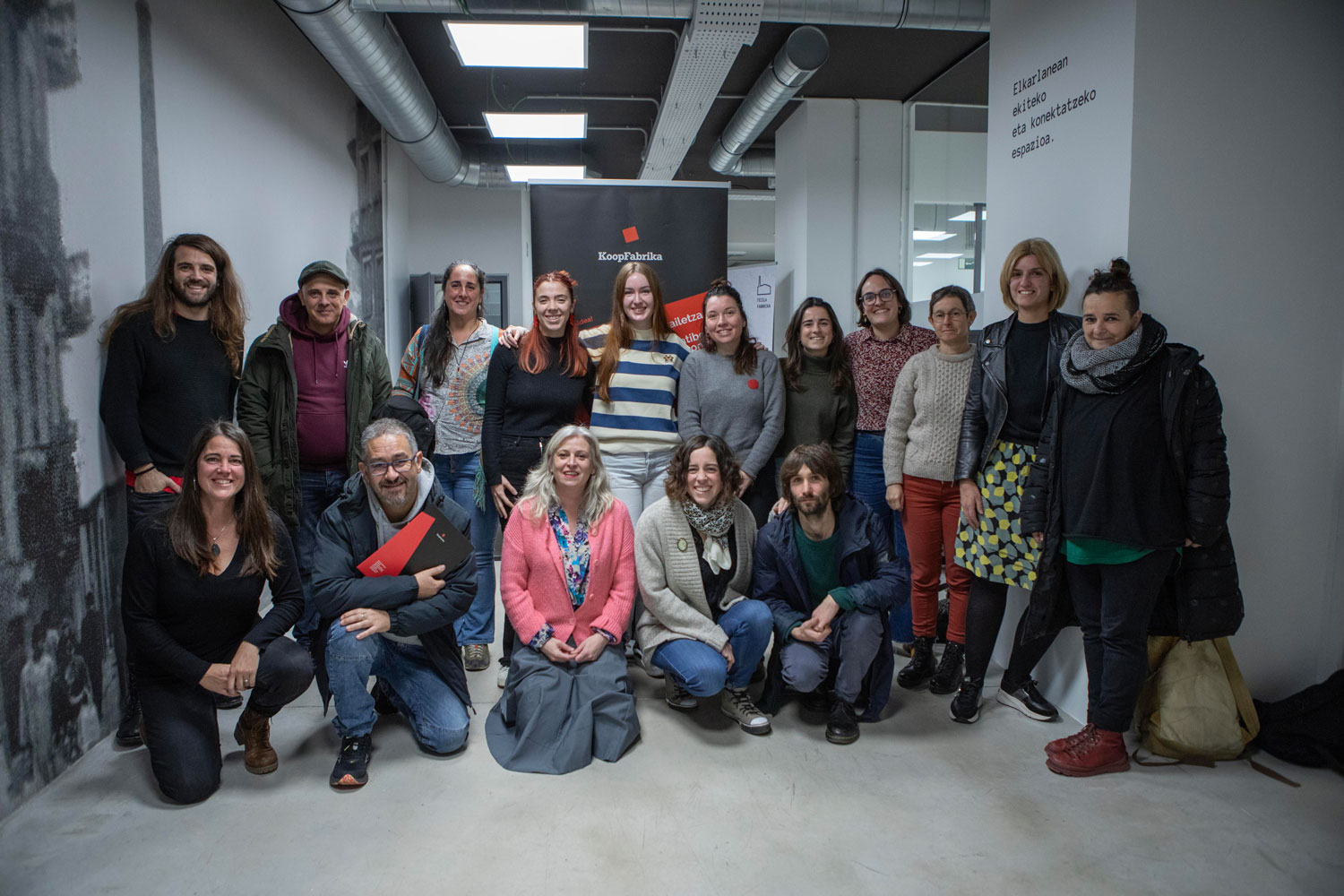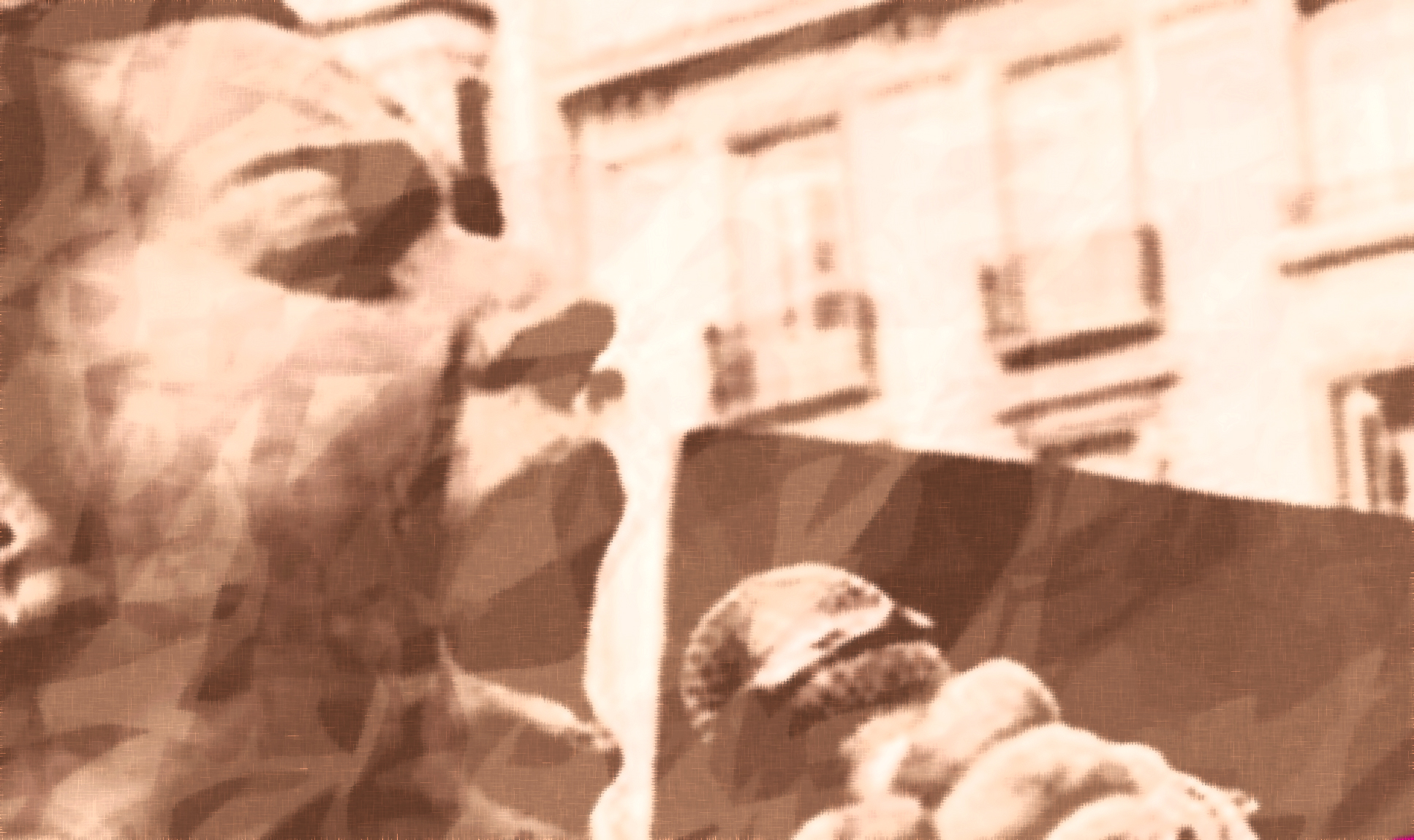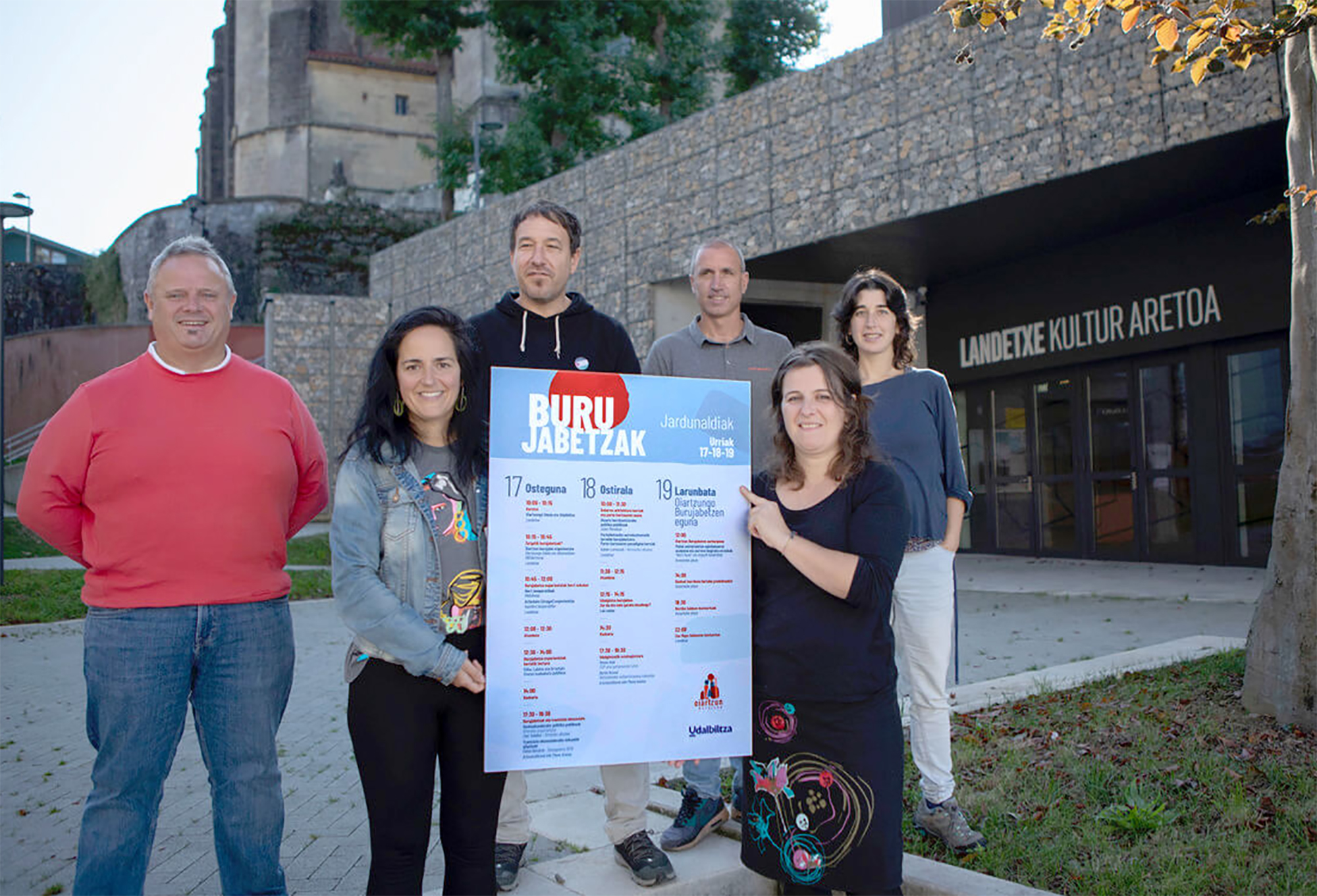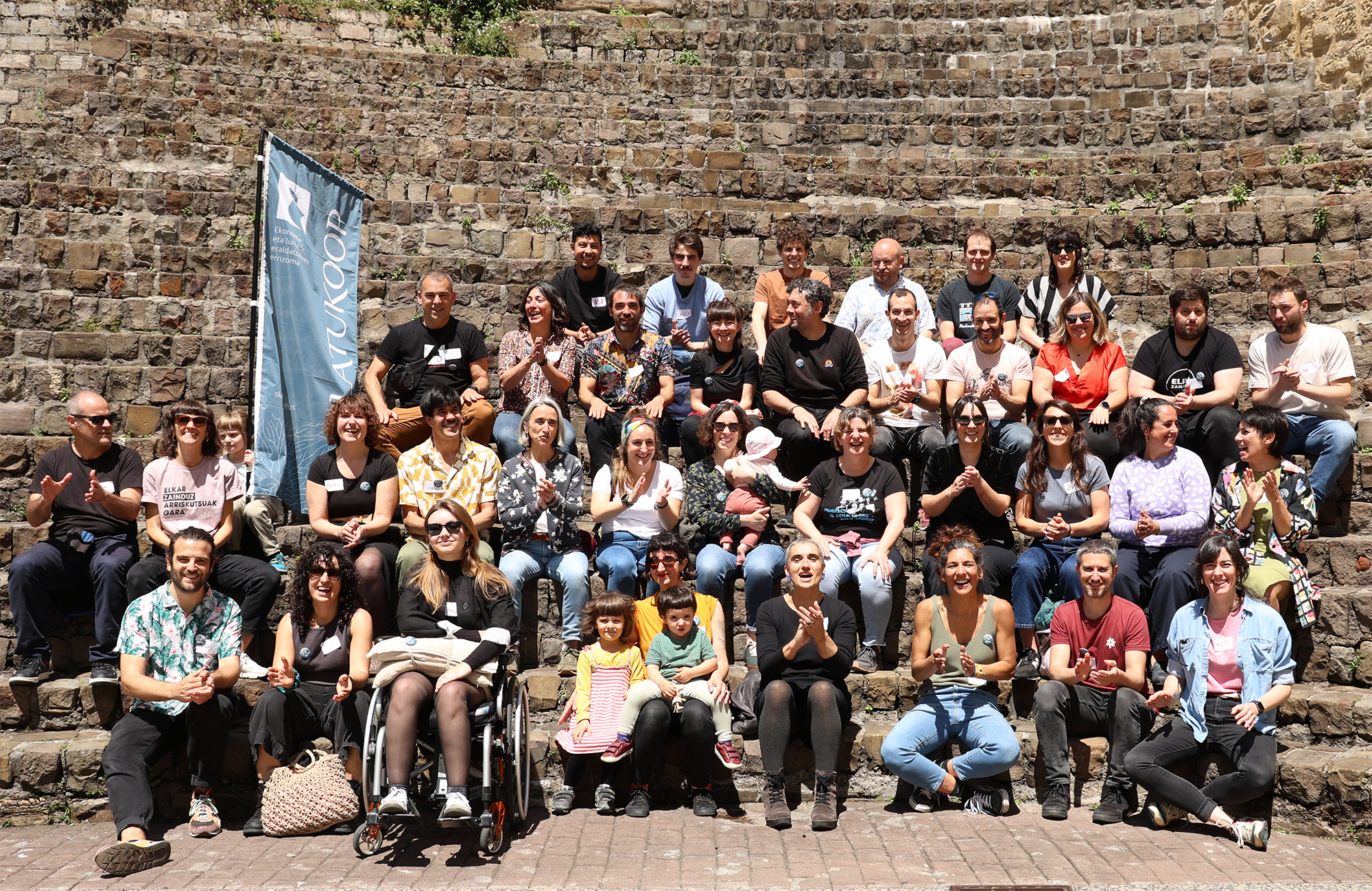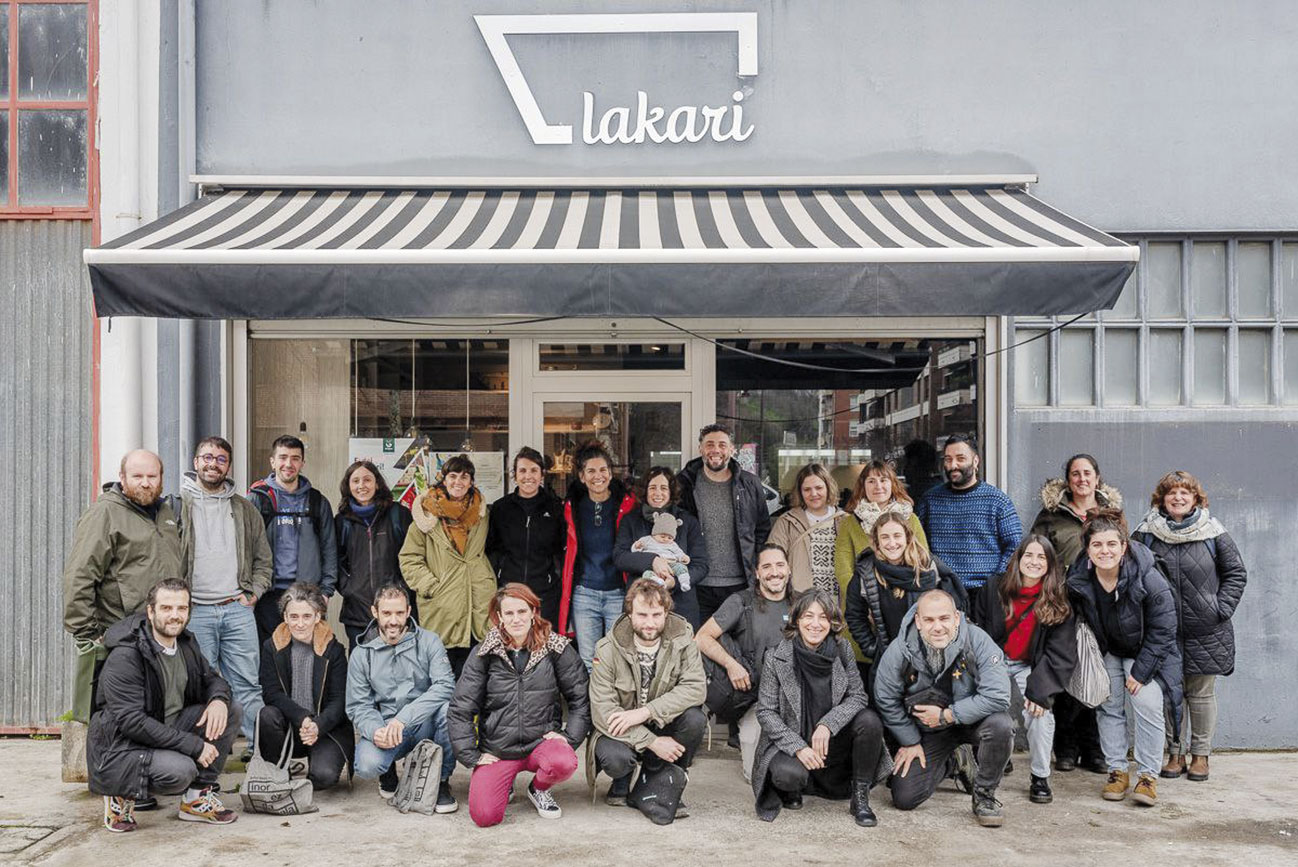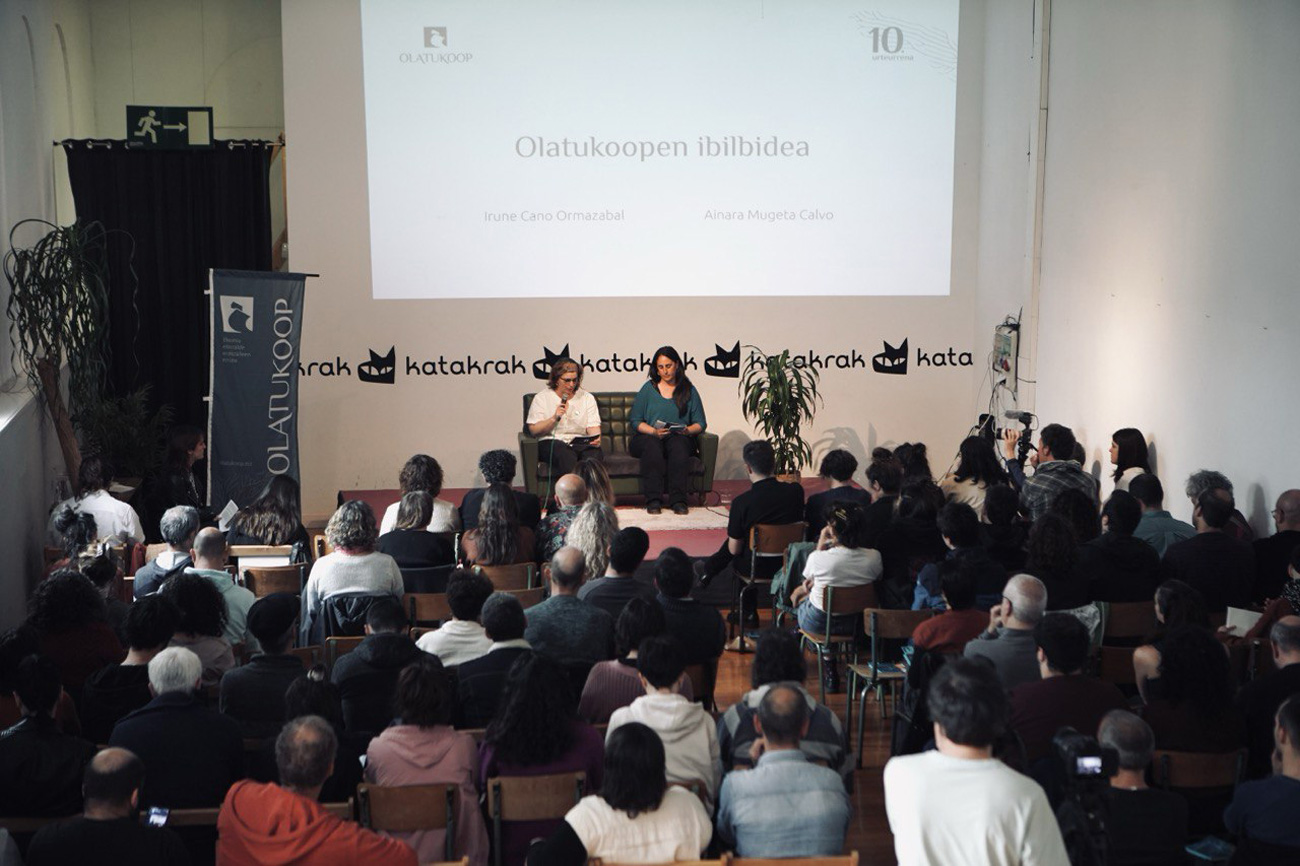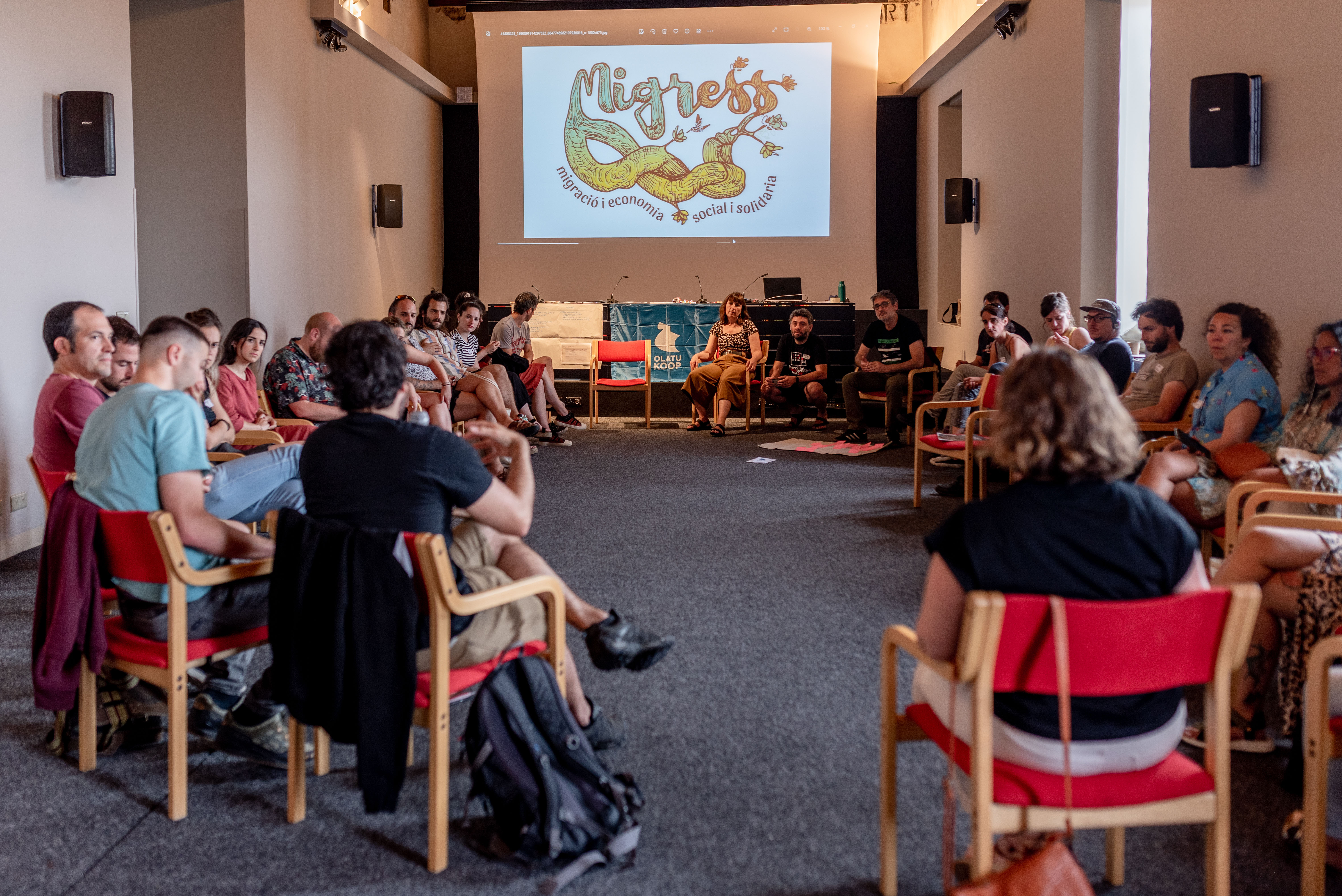"The capitalism we know is going to die. Now we have the loophole to build the alternative."
- The Social and Solidarity Economy has been defining the steps to be taken for the coming years in the second Congress held in Bilbao a few weeks ago. REAS Euskadi has been, among others, the organizer of the conference, and we have talked with Leire Álvarez de Eulate about the trajectory of REAS so far, the current priorities and the steps to follow.
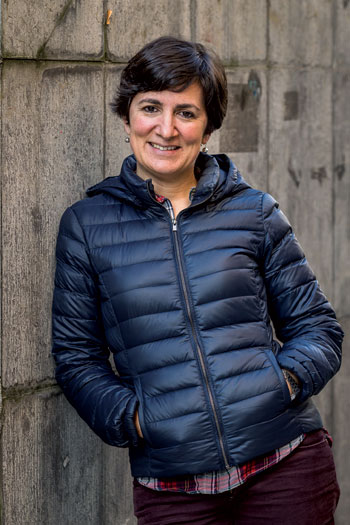
Leire Álvarez de Eulate (Santurtzi, 1975) has been Project Manager for REAS Euskadi since 2010. He is a specialist in the development of social markets and socially responsible public procurement processes. Social and Solidarity Economy We have come to him with the excuse of Congress to get to know the REAS Euskadi network.
Help us position ourselves a bit: What is REAS?
REAS was founded in 1995 by twenty associations and institutions in the second session of Solidarity Economy, which is organized every two years in Córdoba and is currently known as Idearia. By the year 2000 there were 170 entities working in REAS, and at this time the structure that will be Sareen Sarea was defined, that is, REAS took on the role of boosting and coordinating inter-territorial and inter-sector work. In 2014, there were 18 networks of over 350 associations, groups and organisations, and there are now more than 500 entities and companies already working in REAS.
REAS Euskadi has been in operation since 1997 and there are currently 74 companies and social organizations that drive an economy at the service of people and their environment.
"In Spain we have models that will help us to build an inclusive and democratic economy and it is up to us to continue taking steps in it"
Social Economy and Solidarity You are drawing conclusions from Congress.
We are still completing the work and by mid-January we will publish the report on the network. But if I had to do a little summary. In Spain we have models that will help us to build an inclusive and democratic economy and it is up to us to continue to take steps in that direction. In Congress, the feminist perspective has been very present; we have to build a solidarity economy in which the contributions of the feminist economy are integrated. Furthermore, there has been a need to create a strong network of solidarity economy, to create and promote socially based cooperative structures (finance, energy, food, communication...) and to put forces in the transition to a more sustainable economy.
The issue of the social economy is gaining strength in recent years in the Basque Country. But is a critical and conscious alternative movement really emerging, or is it a phenomenon that is inflated by the economic conjuncture and empties when the “real economy” improves?
It is true that socio-economic alternatives have grown considerably following the financial crisis that took place in the period 2007-2008. In some cases they are the result of groups critical to neoliberal development, and in other cases they are projects that were already underway but that have been adding more and more people to the situation. In any case, we as a movement have to see the current situation as an opportunity and a challenge, and we have to ensure that all that energy that is being strengthened is channelled and built inclusive alternatives, where there is room for all. Projects of all kinds are emerging: that coexist with the capitalist system, that in certain practices abandon this model but that are internalized in other situations, and that, to a lesser extent, disconnect as much as possible from the capitalist system that is being consolidated. We live in times of transition and diversity is important, because it will be the ones that set the limits of that post-capitalist model that will be shaped.
However, it is not easy to build socio-economic alternatives outside the logic of markets and capital, when everything is around money and decisions are made with a view to the impact on capital and the market. But, as César Rendueles said at the Bilbao Congress, capitalism is a zombie that is taking its final steps, and although the latter are painful, what is clear is that capitalism is going to die as we know it. And there's our opportunity, a loophole in organizing the alternative.
What are the current priorities of REAS?
We differentiate the movement in three dimensions: on the one hand there is economic action, the importance of generating economic activity based on the social market, solidarity, critical consumption; on the other hand, sociopolitical action, which promotes cultural change, which seeks alliances and collaborations with other social movements such as the feminist or the ecological; and on the other hand, political-institutional action, which sets in motion public policies that bring the needs of local citizenship to the center and that promote sustainable development.
You are an expert in socially responsible public procurement processes. How is the issue of social clauses in the institutions?
The inclusion of social clauses in our administrations is slower than we would like. In recent years, however, progress has been made and it has begun to be recognised in some places that procurement is not an instrument at the service of the public administration to achieve the lowest possible cost of services, but a legal instrument by the public authorities to achieve social cohesion, wealth sharing, justice and such values and objectives. Political will is needed.
Budgets and the closure of annual accounts are nothing more at this time, from the domestic economy to most of the socio-economic spaces that we share. Large companies have begun to extract calculators and implement major plans for 2025. Small and medium-sized institutions and... [+]
One of the major projects developed by Olatukoop with other actors is KoopFabrika, a programme created in 2017 with the aim of boosting social entrepreneurship and which is currently underway.
Initially, the first idea was that the cooperatives and agents that gathered around... [+]









